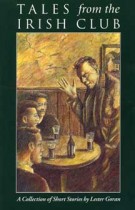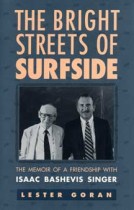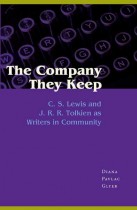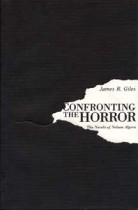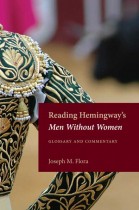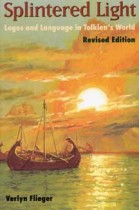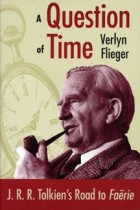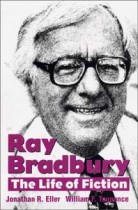She Loved Me Once
Lester Goran | Filed under: Literature & Literary Criticism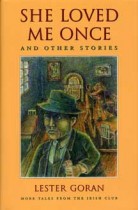
Lester Goran’s first book of short stories, Tales from the Irish Club, was chosen by the New York Times Book Review as a “Notable Book of the Year 1996.” This second collection also centers around a group of men and women in an Irish-American enclave in Pittsburgh, primarily during the years surrounding World War II, but extending at times into the eighties. With evocative settings and narratives ranging from the supernatural to the humorous, from bawdy hilarity to richly detailed realism, Goran creates once more his world of poignant and magical times and places within the mundane affairs of ordinary men and women. With his mastery of language and images he shows again what Paul West has termed “the lunatic sadness of things.”

